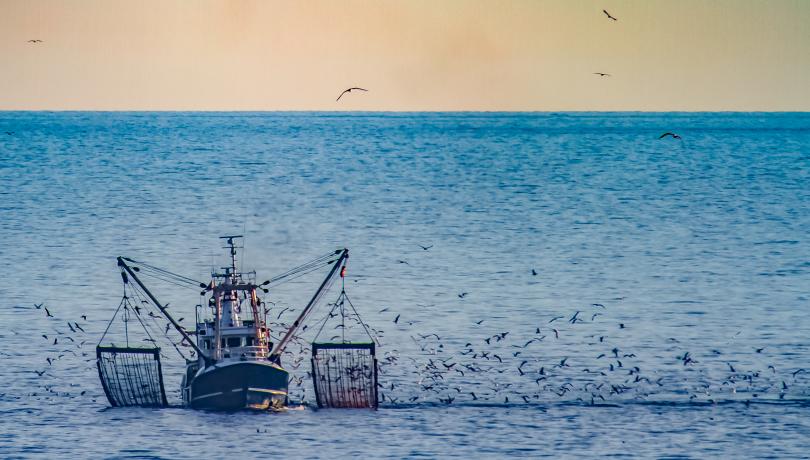The Mediterranean fleet, more artisanal, had an easier time returning to work after the health restrictions.

Researchers from the oceanographic centers of Vigo, Malaga and the Canary Islands of the Spanish Institute of Oceanography (IEO, CSIC) and the Institut de Ciències del Mar (ICM-CSIC) have analyzed the resilience of fishing activity in the Atlantic and Mediterranean fisheries of Andalusia in the face of the COVID-19 pandemic and how the degree of industrialization of the fleets can hinder or help to maintain activity during major crises.
The study results, recently published in the journal Marine Policy, show that the Atlantic fishery, which uses state-of-the-art technology and has a stratified labor organization and links to both processing industries and commercial networks, was more resilient to pandemic shocks in terms of prices. On the other hand, in the Mediterranean fishing grounds, whose fleet is more traditional and with a lower level of technology, landings were more resilient.
According to the experts, the Mediterranean fleet, being composed mainly of small vessels with small crews, was able to return to work more easily once the main health problems had been resolved. On the other hand, the Atlantic fleet, which requires more crew per vessel, would have had greater difficulties in getting back to work.
The study focuses on the most caught species in both fishing grounds and compares, through different models, their daily landings data and first sale prices of fresh fish in different periods of severity of the pandemic with those of previous periods.
Lastly, the study shows that during the first state of alarm there was a strong fall in both first sale prices and landings in both Andalusian fishing grounds. However, during the subsequent periods the declines were smaller, which could be due to the fact that the losses were cushioned by the reduction in operating costs and the deployment of a wide network of public aid to the sector.
"The COVID-19 pandemic has been a major challenge for the fishing sector in Spanish waters, and despite policies to compensate for the consequences of the pandemic, the impacts were profound in relation to catches and market prices," states Marta Cousido-Rocha, IEO researcher and first author of the study.
"It is necessary to transform existing supply chains and food systems in a way that improves the conditions and resilience of the fishing sector by preparing it for possible future crises," adds Cousido-Rocha.
For her side, Marta Coll, ICM-CSIC researcher and co-author of the study, highlights the difference between the Atlantic and Mediterranean fleets and, in this sense, points out that "the fact that the more artisanal characteristics of the Mediterranean fleet made it more resilient to the pandemic should make us reflect on the fishing model that we want to promote, which must guarantee maximum sustainability and resilience of the activity in the face of possible future impacts".